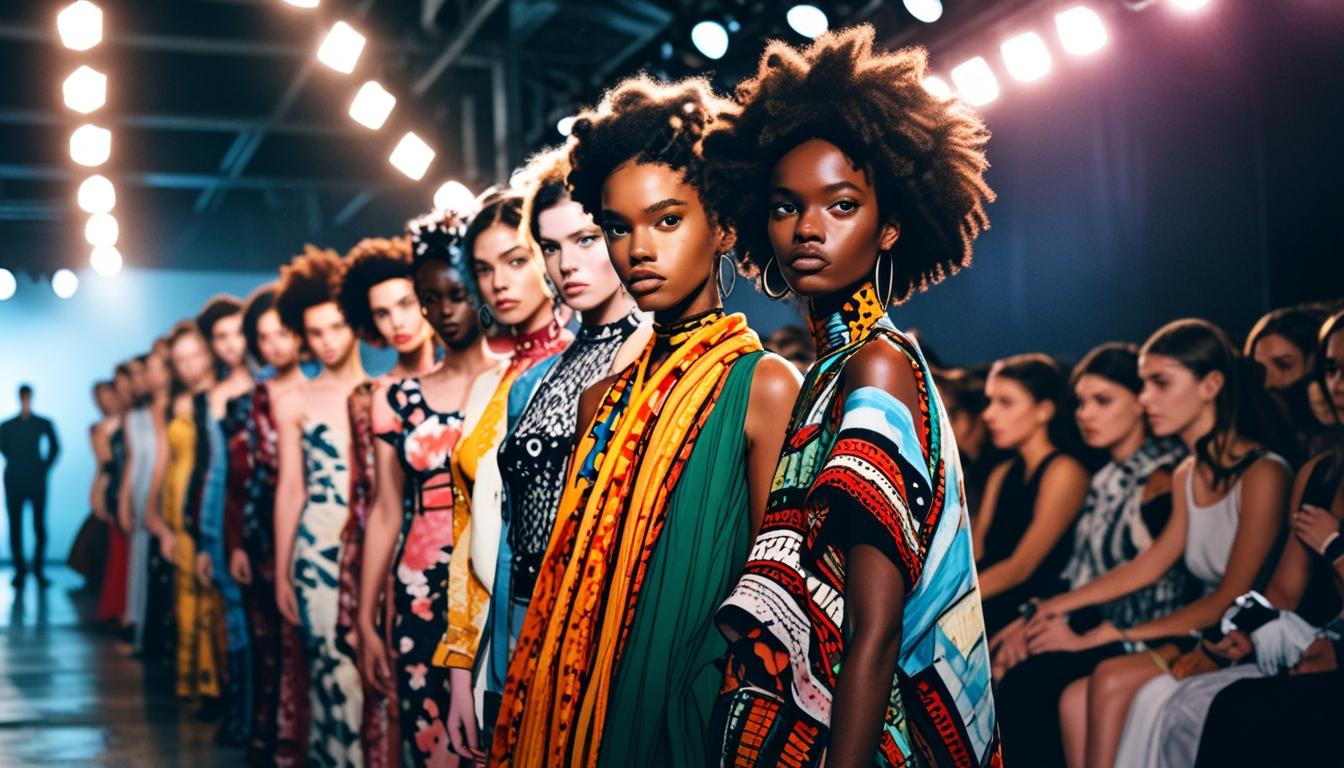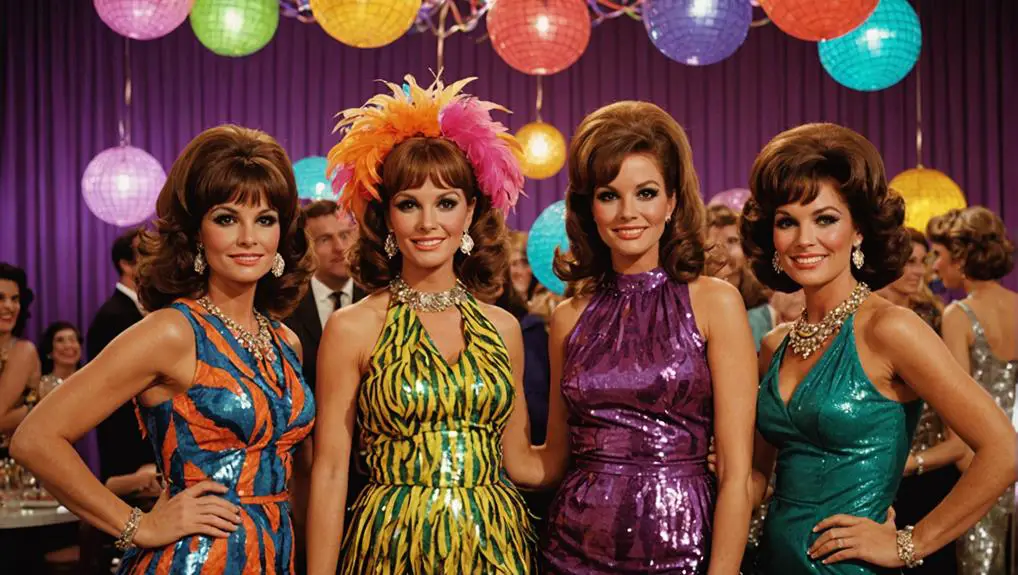This year’s Riga Fashion Week highlighted innovative collections from various designers, with an emphasis on sustainability and the celebration of cultural heritage.
Riga Fashion Week has once again showcased a vibrant array of designer collections that reflect a multitude of artistic perspectives on contemporary fashion. This annual event, which draws attention from fashion enthusiasts and industry professionals alike, featured an eclectic mix of styles and themes, emphasizing both innovation and sustainability.
One of the notable highlights of this year’s event is the Lithuanian brand, Rimgailaite Costume. The collection integrates “vintage” knitted tablecloth details into modern silhouettes, skillfully preserving traditional craftsmanship while adapting it for today’s fashion landscape. This approach not only honors cultural heritage but also invites viewers to appreciate the artistry involved in these handcrafted designs.
From Poland, the brand Szczygiel presented a collection that embodies minimalist design principles. By utilizing recycled materials, Szczygiel places a strong emphasis on sustainable fashion, demonstrating how texture and simplicity can come together to create impactful garments. The focus on sustainability resonates with a growing trend in the fashion industry where environmental consciousness is becoming increasingly prominent.
Estonian designer Ivo Nikkolo brought forth a collection celebrating everyday joy. His designs aim to encapsulate the essence of comfort and happiness, showcasing pieces that encourage wearers to embrace optimism in their daily lives. The celebration of personal expression is further enhanced by his unique interpretation of modern aesthetics.
Belgium’s ArtisainT by Lena Lumelsky offered a striking fusion of contemporary silhouettes paired with bold leather accessories. This combination not only elevates the garments but also challenges conventional ideas surrounding material use in fashion. Lumelsky’s work stands out for its ability to merge practicality with high fashion.
Spain’s Novaliss took attendees on a conceptual journey, exploring in-depth themes of myths, femininity, and gender boundaries through artistic garments crafted from recycled fabrics. This approach allows the collection to engage with pressing social narratives while also showcasing the versatility and beauty of repurposed materials.
Together, these collections illustrate the stylistic diversity present at Riga Fashion Week, while also addressing crucial themes such as identity, sustainability, and personal freedom in fashion. The event continues to be a platform for both emerging and established designers to express their vision, reflecting the ever-evolving landscape of contemporary fashion.
Source: Noah Wire Services



